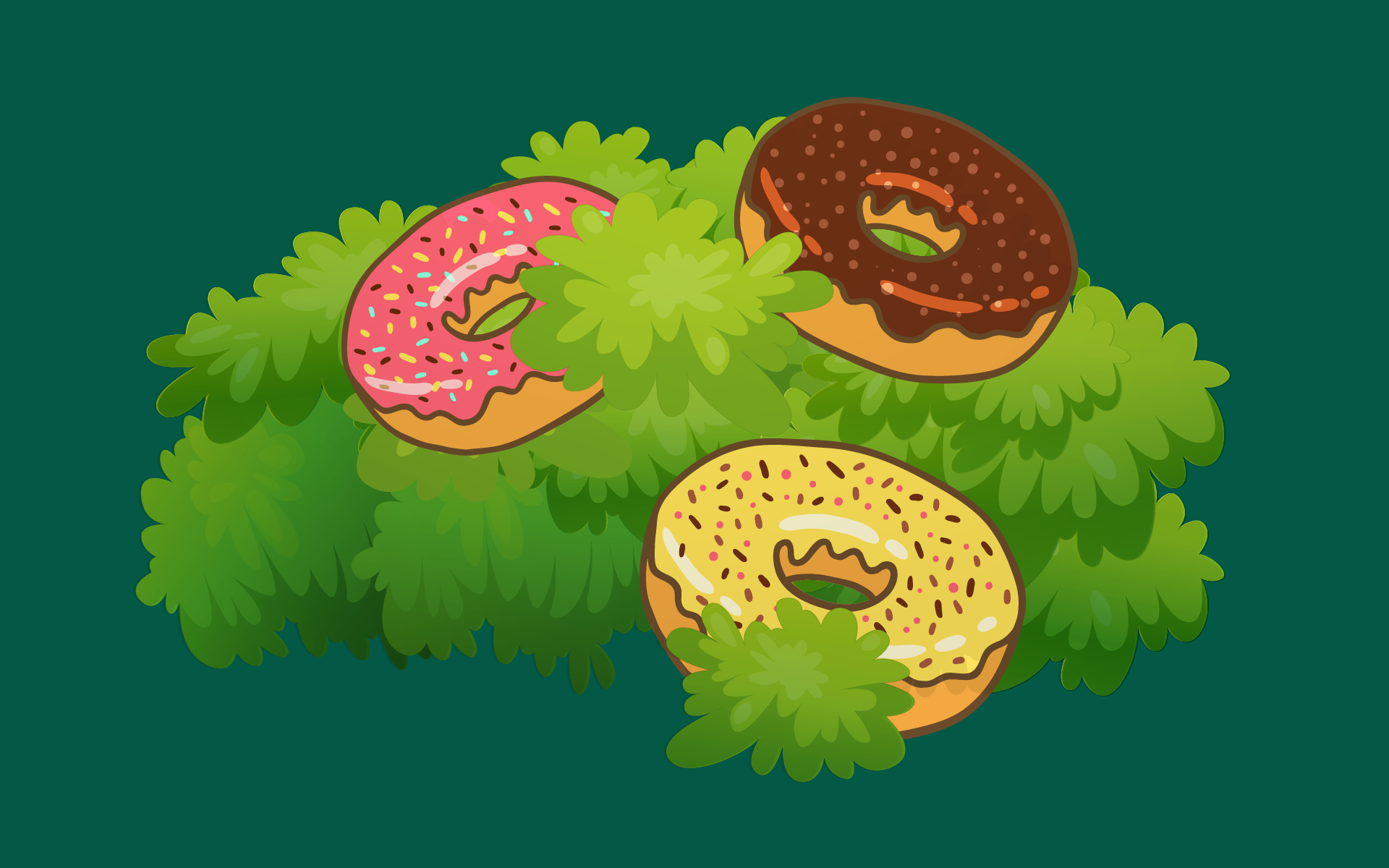So, you’ve come face to face with cancer. The word ‘oncology’ has permeated your life, and you’re staring at saggy bags of liquid, hanging like overripe fruit. You’re worried about long needles and long waits and long diagnoses.
Your mind is buzzing from one thought to the next, barely able to settle as more thoughts, fears and concerns pop up. You need support. But what kind of support?
Most of us who’ve had to deal with cancer have endured the “I’m sorry” and the awkward pauses and the foot shuffle and the sudden delivery of food.
People don’t know what to say or how to say it. And why should they?
Navigating cancer, as the person who has it, or the person who supports someone who has it, isn’t taught at school.
Which is where this guide comes in. Here are a few things you should and shouldn’t do to support someone with cancer.
Number one: Please do not, just do not, say these things (and people say them a lot):
“When (insert person’s name) had cancer, they died in just six months, can you believe it? But I’m sure you’ll be fine.”
“When (insert person’s name) had (insert diagnosis) they used (insert herbal treatment/illegal high) and they were cured of their nausea/disease.”
“This is why I don’t use deodorant/salt/sugar/meat.”
Instead say things like:
“I have no idea what to say, but I care and I’m here to listen to you rant/cry/laugh/make terrible jokes.”
“I am so sorry this happened to you and I’m here to listen and help when you need it.”
When you get cancer, you can feel like a burden. You can feel like your frailty and illness are going to chase people away, and that you’re not fun to be around anymore.
The thing is, cancer will chase people away. A recent study found that men are six times more likely to leave their wives if they get cancer, than the other way around.
And friends also leave because they don’t know how to handle it. They feel helpless and guilty.
So, if you’re a friend feeling helpless and guilty, please don’t. You’re not to blame.
They have you in their life because they think you’re amazing, so don’t change. Be you. Do normal things. Invite them to normal places.
But wait, there is a caveat. Be normal, invite them out, let them feel part of life, but don’t be angry or upset or annoyed if they keep saying no.
Chemo does crazy stuff to a person’s body and mental well-being. It’s hard to get up and get dressed. Sometimes it’s even hard to eat.
Believe me when I say that the person is beyond grateful that you thought of them and that you keep on thinking of them. It’s more than just a ray of hope that life may one day return to normal, it’s an entire blazing sun.
Which brings us to: please don’t ask your friend if they’re going to be okay. They have no idea. The oncologist has no idea.
The future has gone from planning holidays and making career plans and building a life to one step at a time, because you can’t make any plans and it can be overwhelming to think about the future at all.
Oh, and if you say, “Everything happens for a reason”, please don’t be surprised if you wake up on the floor with a black eye. Same goes for “Stay positive”.
Your friend wasn’t sitting in their chair reading a book when (insert deity) thought they should get cancer because it would help them become a better gardener or life coach or whatever. Cancer is random and horrible.
Instead, ask the person how they are feeling today, so they can determine the course of the conversation, and just do things that you know you’d like done if you were feeling really ill.
Hire a cleaner, send them food, take on some school lifts, or send them a surprise book delivery.
Little things like that (I had a friend hide doughnuts in the shrubbery outside my house after every treatment) will give your friend the strength they need to keep on keeping on.

Leave a Reply